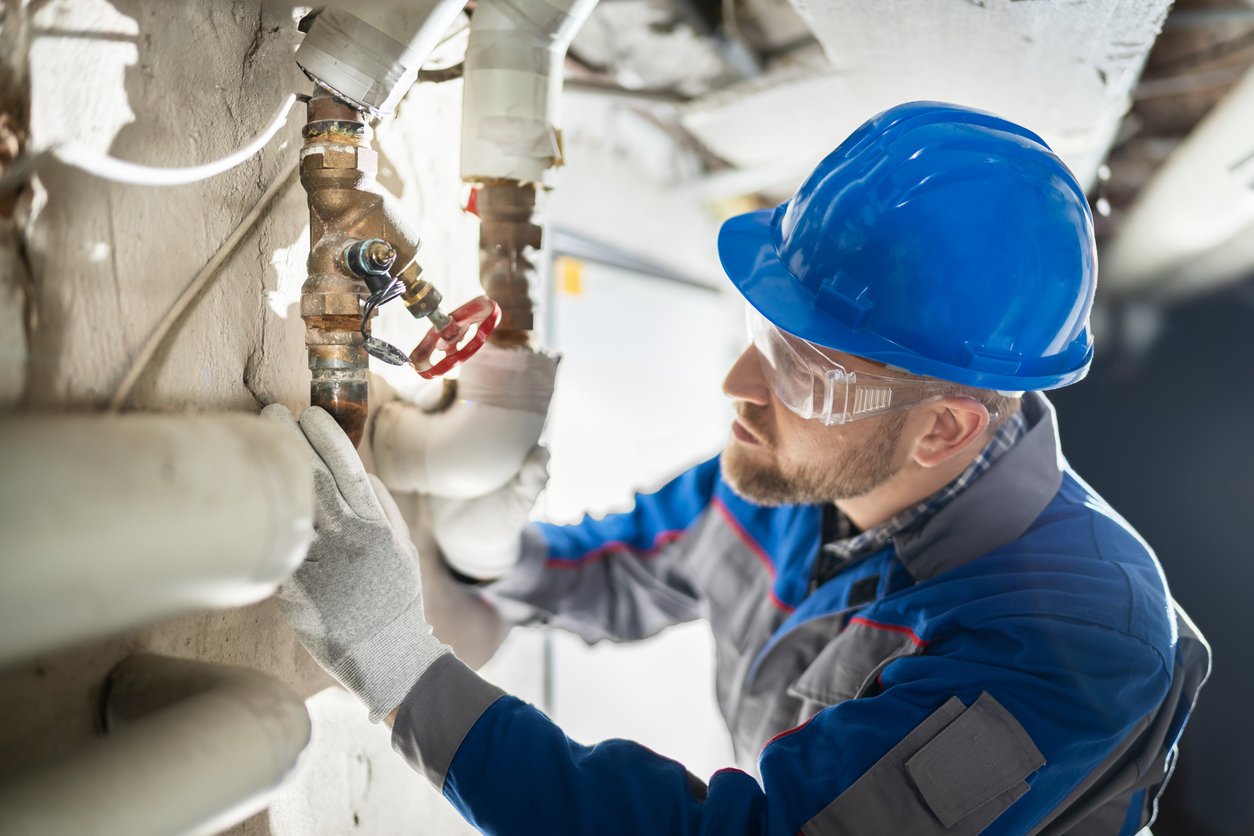Urgent Plumbing: What to Do Prior to Help Arrives
When you face a plumbing emergency, you might feel overwhelmed. A burst pipe, overflowing toilet, or sudden loss of hot water can cause disorder in your household, forcing you to search for solutions. Although it’s essential to contact a qualified plumber to address the situation, there are crucial steps you can take while you wait for assistance. Knowing how to manage damage and maintain control can save you time, money, and stress.
This article will discuss frequent emergency plumbing problems, immediate actions to take when they arise, and ways to prevent these issues from occurring. Featuring practical tips and advice from our expert team, you will learn how to tackle plumbing emergencies effectively and ensure that your home remains a safe and comfortable refuge. Regardless of whether it is a small issue or a serious crisis, knowing what to do can make all the difference.
Frequent Water Problems and Remedies
One of the common plumbing problems homeowners experience is a leaky faucet. This not only squanders water but can also lead to higher utility bills. The good news is that most faucet leaks can be fixed easily by swapping out washers or O-rings. If you detect water seeping from your faucet, begin by turning off the water supply, disassembling the faucet, and inspecting the parts. A easy replacement often brings back functionality and saves money in the long run.
Blocked drains are another frequent problem that can disrupt daily life. They often happen due to a buildup of hair, soap scum, or food particles. To resolve minor clogs, homeowners can use a plunger or a combination of baking soda and vinegar followed by hot water. For stubborn clogs, it is advisable to employ a drain snake or call a licensed plumber if the situation does not improve. Regular maintenance, like using a drain cover, can help prevent these issues from occurring in the beginning.
A burst pipe is a serious emergency that calls for immediate attention. If you find yourself dealing with this problem, the first step is to turn off the main water supply to stop further damage. Make sure to drain any excess water by turning on faucets and emptying toilets. After that, it is crucial to call a licensed plumber who can assess the damage and make the necessary repairs. Knowing how to react quickly can help reduce the impact of this common plumbing disaster.
Emergency Situations: Immediate Actions
When faced with a fixture emergency, the initial step is to evaluate the circumstance and ensure your safety. If there is a significant leak or burst pipe, locate the main water shut off valve in your home and turn it off immediately. This can stop further water damage and reduce the risk of mold and structural issues. If the emergency involves sewage or contaminated water, leave the area to protect your health.

Next, if the problem is a clogged drain or toilet overflow, attempt to contain the mess as much as possible. Use cloths or buckets to catch any excess water and prevent it from spreading throughout your home. Avoid using harsh drain cleaners, as they can sometimes make the situation worse or cause harm to your plumbing system. Instead, attempt to clear the blockage with a suction device or a drain snake if you feel confident doing so.
Finally, once you have managed the immediate situation, it's time to contact for professional help. Call a licensed plumber who can evaluate the extent of the damage and provide practical solutions. Keep in mind that specific plumbing problems require skilled professionals to handle safely and properly, and knowing when to call for help is crucial to reducing damage and ensuring a secure home.
Preemptive Maintenance Advice for Homeowners
Proactive maintenance is vital for ensuring your pipe system in top condition. Regularly check for signs of deterioration and stress in your pipes, hardware, and devices. Pay heed to drips, rust, and oxidation that could suggest a deeper problem. Tackling these issues promptly can save you significant time and money in the long. Think about conducting seasonal inspections to spot potential challenges before they escalate, notably before the cold season when water lines are at vulnerability of ice formation.
Obstructed drains are a common issue that can frequently be avoided with proper care. To avoid obstructions, be cautious of what goes down your drains. Use sink screens to collect hair and debris, and frequently clean them to ensure water flows without hindrance. Additionally, pour hot water and a mixture of vinegar and baking soda down your drains every month to help eliminate grease and gunk. These simple steps can contribute to preserving a well-maintained plumbing system.
Be sure to focus on your water heater as part of your upkeep routine. https://firstclassplumberswexford.com/ to remove sediment accumulation, which can affect efficiency and duration. Check the temperature setting; it should be at most 120 degrees Fahrenheit to stop scalding and save energy. A well-maintained water heater operates more smoothly, reducing your overall water bill and increasing the life of the device. By being vigilant, you can minimize the chance of unexpected plumbing emergencies.